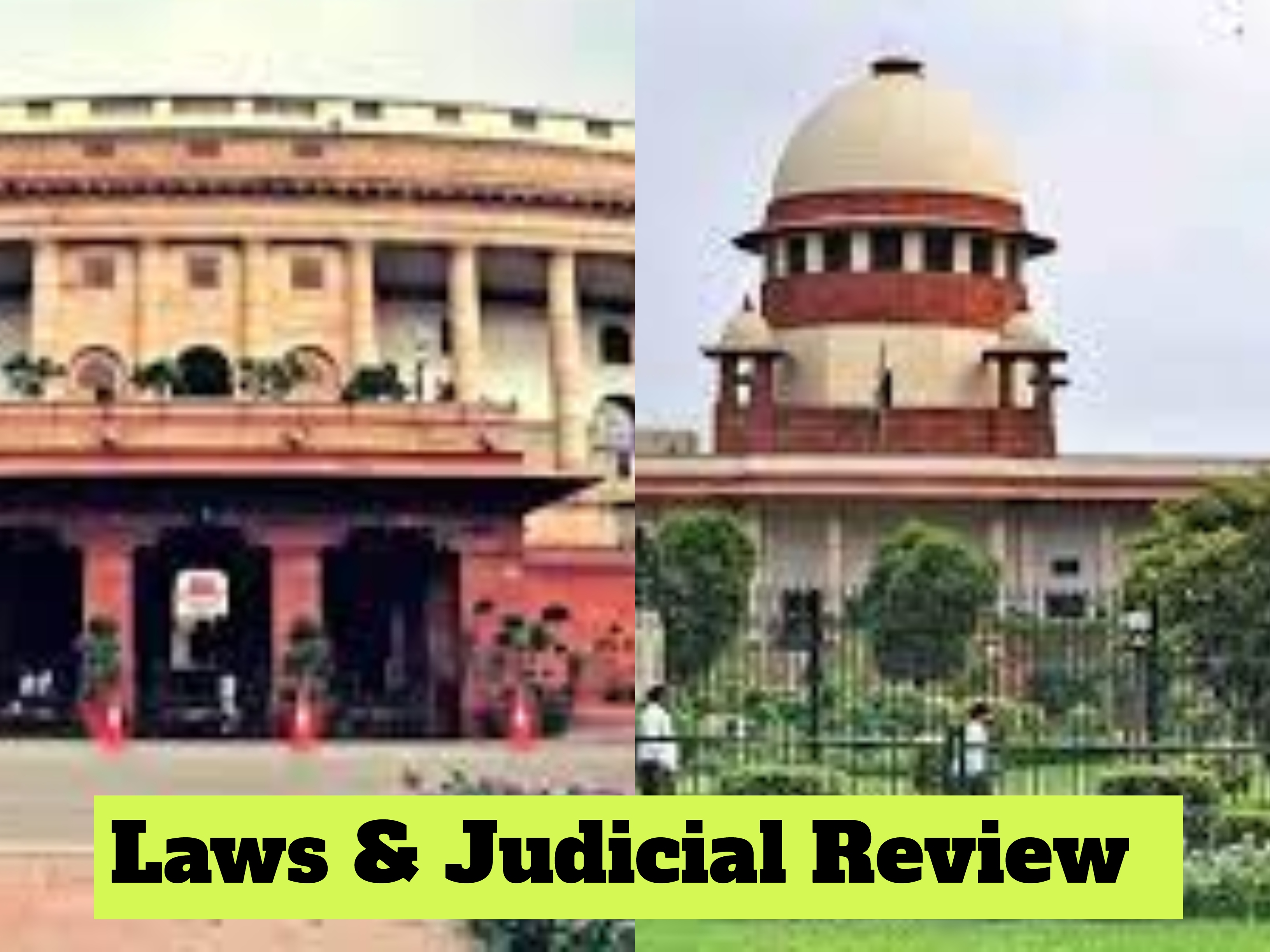

By Sunil Garodia
First publised on 2023-01-12 10:09:40
Vice-President Jagdeep Dhankhar launched into a diatribe against what he called judicial overstep, while holding forth on the Kesavananda Bharti judgment which used the basic structure doctrine to rule that the Parliament cannot change the basic structure of the Constitution. While Dhankhar's ire against judicial overreach is partly justified as in more and more cases, judges do not seem to hesitate in making laws instead of interpreting them or offer advice to Parliament and state legislatures, the fact remains that the judiciary has to step in to protect the fundamental rights of the citizens when there is executive or legislative overreach which is not uncommon and is in fact on the rise.
If India has to avoid future situations like the Emergency and the 42nd Amendment, it is necessary that Parliament does not have unbridled power. It is necessary that the basic structure of the Constitution is protected at all costs and that the actions of the Parliament in passing laws are always subject to judicial review. The judiciary does not have the power to pontificate on the need of the enacted law. But it surely has, and should have, the power to examine if the law passes the constitutional test.
If Parliament has unbridled power, what is to stop a party which has an overwhelming majority in both Houses of Parliament and rules in more than half the states to change the Constitution completely, subject to the limitations under Article 368? The country has suffered once when Parliament, through the 42nd Amendment, gave sweeping powers to the executive, decreed that its actions were out of judicial review and crushed the fundamental rights of the citizens. It cannot afford another such brazen attempt to reduce the citizenry to mute puppets.
Hence, it is necessary that the checks and balances in force to ensure that each organ of democracy functions within the role assigned to it and no organ tries to use the 'silence of the Constitution' to assume powers that are not expressly assigned to it are kept strictly in place. For, if the Supreme Court holds a law unconstitutional, Parliament still has the power to re-enact the law after making the necessary corrections. It is just the question of each organ knowing its limits and not over-stepping.











